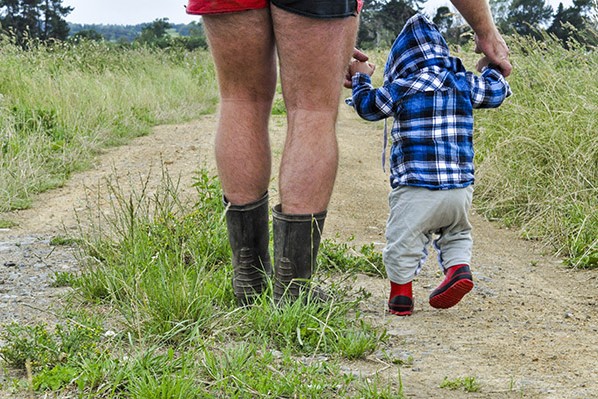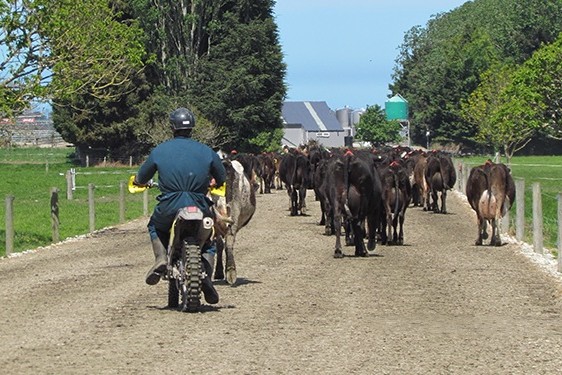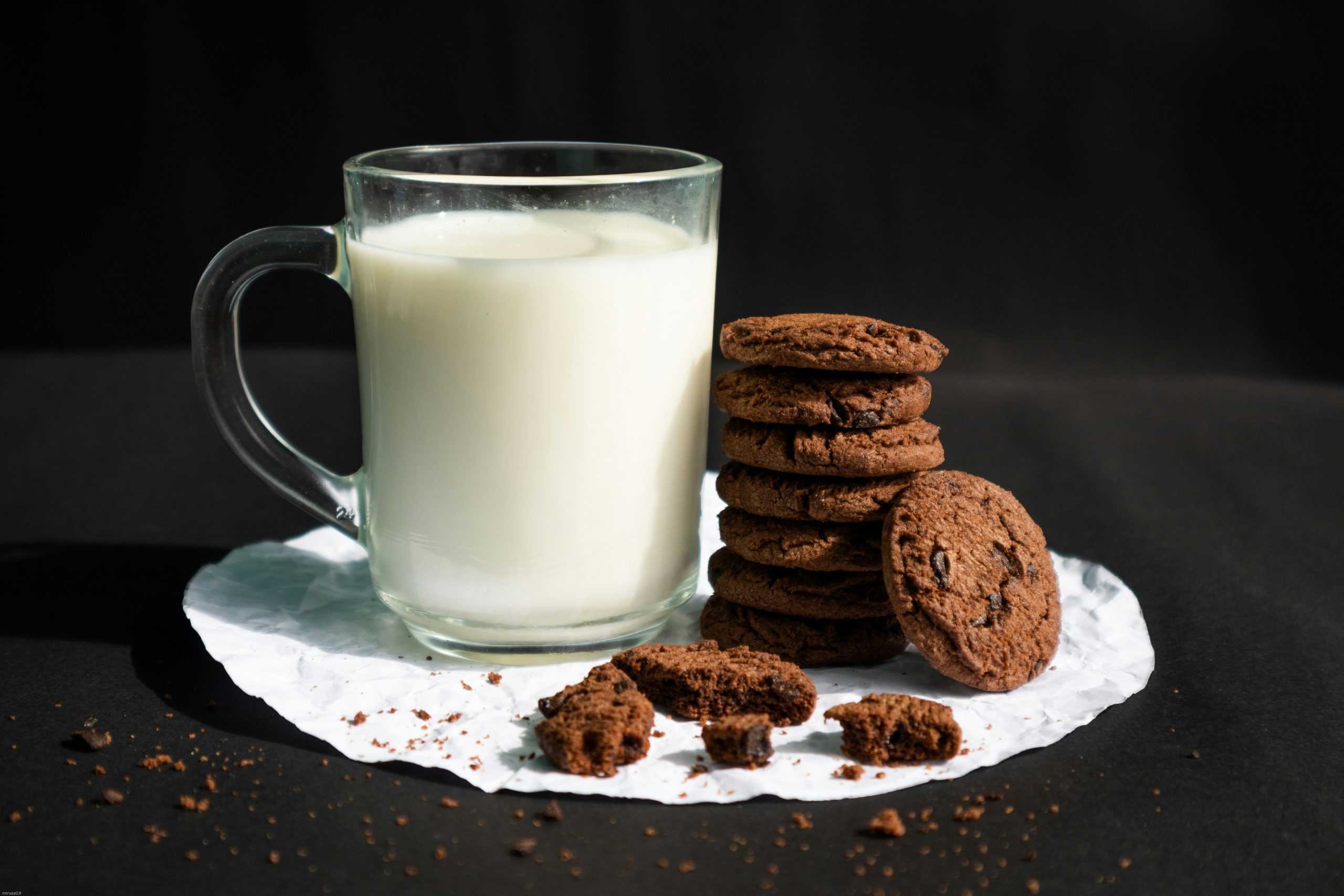Words by: Sheryl Brown
Did you want to kill your husband, kids or staff during lockdown? Building resilience will help you deal with feelings like that. Tools for increasing resilience were shared as part of the Dairy Women’s Network online conference in May by Dr Lucy Hone and Dr Denise Quinlan.
The pair, co-directors of the New Zealand Institute of Wellbeing & Resilience, say that resilience is not a fixed trait that people either have or don’t have – it can be taught.
When you find yourself criticising a person in your head or worrying about a situation, focus on what is good about that person or situation, eg. what’s the kindest thing they’ve ever done for you?
“We all have moments when someone in our lives is doing our head in. Relationships are a package deal – you can’t cherry pick the best parts,” Denise says.
Choosing where you focus your attention is one of the strategies in the Real-time Resilience Toolkit.
“People who are resilient focus their attention on what they can change and accept what they can’t change. They are realistic optimists.”
There will always be times when you feel overwhelmed so it’s about recognising the signs and focusing on how you think and act.
“Sometimes food and sleep are the most important things. When you are feeling overwhelmed and you can’t think or problem solve your way out of it, you have to calm yourself. Go for a walk, have a cup of tea – whatever works for you.”
Understanding that struggle is a part of life is another strategy in the Real-time Resilience Toolkit and farmers are no strangers to understanding how tough life can be, Lucy says.
“Sadly, terrible things happen to us all. I think it’s really important for us as parents, employers or in any kind of responsibility, to make that message really clear – that you don’t find things easy all the time, and that is normal.”
With people exposed to unrealistic lives on platforms such as Instagram, it’s even more important to share the message that it’s normal to experience tough times.
“It’s so important for us to role model and explain that to our children because if we do, when something terrible happens, people accept this is life and it stops them feeling singled out and discriminated against.”
Lucy’s 12-year-old daughter was killed in a car accident in 2014 along with two family friends. The strategies in the Real-time Resilience Toolkit are what helped her get through her grief.
“These are what saved me in my toughest times.”
Asking “Is this helping me or harming me?” is another great strategy in the toolkit, she says.
People need to focus on how they are thinking and acting and whether it is helping their mental health. For example, if during lockdown you feel overwhelmed watching the international news daily or reading about Donald Trump then choose to not watch the news or read those articles.
“It’s a great question to apply to everything in life – is a fourth glass of wine helpful or harmful? Is comparing myself to a colleague helpful or harmful? Is going for a walk helpful or harmful?”
The last strategy in the toolkit is “Don’t Catastrophise”. Everyone is guilty of worrying about the future and thinking about the worst case scenario, often at 2am, says Lucy.
“Think about what you were most worried about before lockdown. Does it still seem as important? Often what pans out is something you can’t imagine, so try not to do the “what if” thinking.”
Real-time Resilience Toolkit
- Understand that struggle is a part of life
- Choose where to focus your attention
- Is this helping me or harming me?
- Don’t catastrophise!
• For more information visit the New Zealand Institute of Wellbeing & Resilience nziwr.co.nz/keynotes






